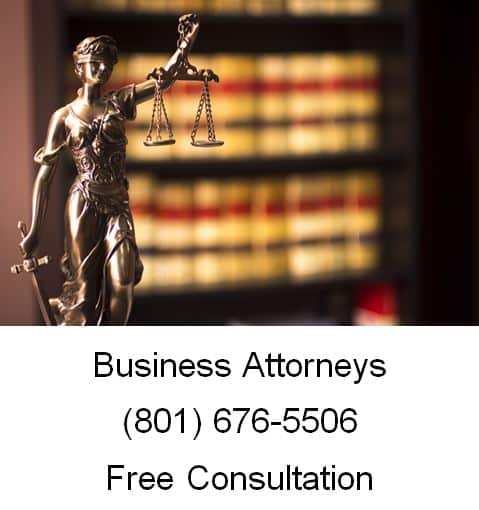News stories, photos, and other online content often show up in multiple places, and sometimes it’s difficult to determine where the content originated. At first glance, it may seem as if it’s perfectly legal to copy content from a website. But is it? The short answer to this question is “no,” unless you’ve obtained the author’s permission.
In fact, virtually all digital content enjoys the same copyright protections as non-digital, “offline” content. Copying material from a website and posting it on another website or publishing it in a newsletter, for example, may violate the copyright of the person who developed the website. This article summarizes the legal protections of digital content found on the Internet.
Copyright Law
Anything that enjoys copyright protection, whether it’s rendered in ink or pixels, may not be copied or published elsewhere without the express (typically written) permission of the author. The information need not have a copyright notice or symbol associated with it to be copyrighted, since copyright protection arises as soon as an author creates an original work and fixes it in a tangible medium. The contents of a website are no different than the contents of a book or magazine in terms of copyright protection, even though web content is often seen as more “disposable” than works existing in a physical medium.
Also, any non-digital content that is protected by copyright law is automatically protected in its digital form as well. For example, a copyrighted novel published as a paperback will receive the same protection when it’s published as an e-book. In addition to online content, databases (both electronic and paper files) also enjoy copyright protection as long as they show a certain degree of creativity by the author, such as in its organization or selection.
The Legal Theory of Fair Use
Copyright law allows “fair use” of small parts of copyrighted works without the permission of the author. If the reproduction is for the purpose of criticism, news reporting, teaching, or research it is more likely to be fair use than if it is copied for commercial purposes. It is difficult to make this determination in advance, however, since they typically depend on a number of case-specific criteria. An example of fair use would be a book reviewer quoting a few lines from a book in an online book review.
The U.S. Copyright Office maintains a Fair Use Index to help attorneys and non-attorneys get a better understanding of how the courts have ruled on fair use claims.
Digital Millennium Copyright Act or DMCA
A federal law passed in 1998, the Digital Millennium Copyright Act (DMCA), makes it clear that materials published on the Internet are protected by U.S. copyright laws. The law makes some exceptions that are specific to Internet law. Internet service providers can escape liability for infringing the copyright of materials that merely pass through their computers, for example in email messages. If an Internet service provider removes infringing material promptly upon request, it also can escape liability.
Free Consultation with a Copyright Lawyer
If you are here, you probably have a copyright or trademark issue you need help with, call Ascent Law for your free intellectual property law consultation (801) 676-5506. We want to help you.
8833 S. Redwood Road, Suite C
West Jordan, Utah
84088 United States
Telephone: (801) 676-5506
Recent Posts
Separate Property in a Divorce
From https://www.ascentlawfirm.com/is-it-legal-to-copy-content-from-a-website/


No comments:
Post a Comment